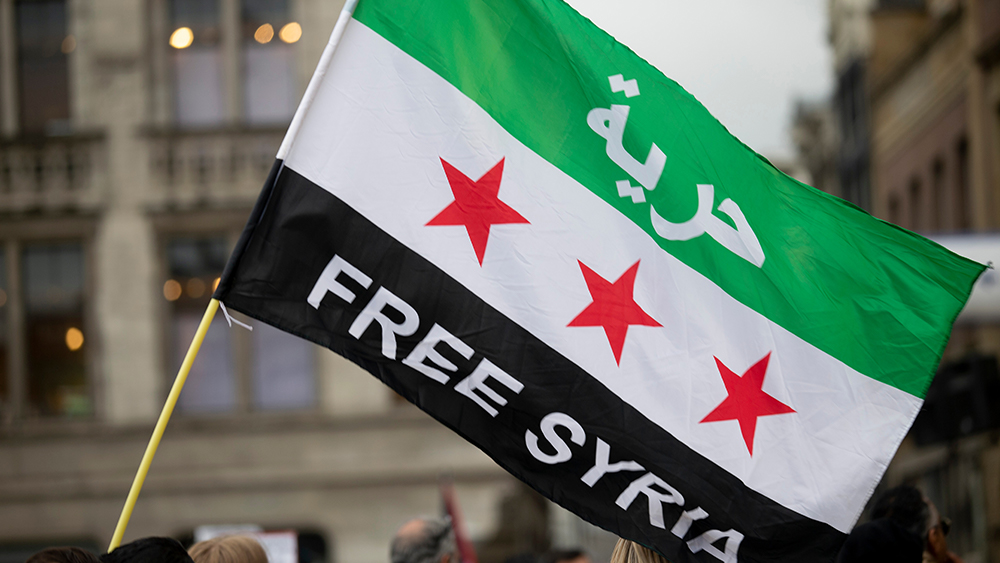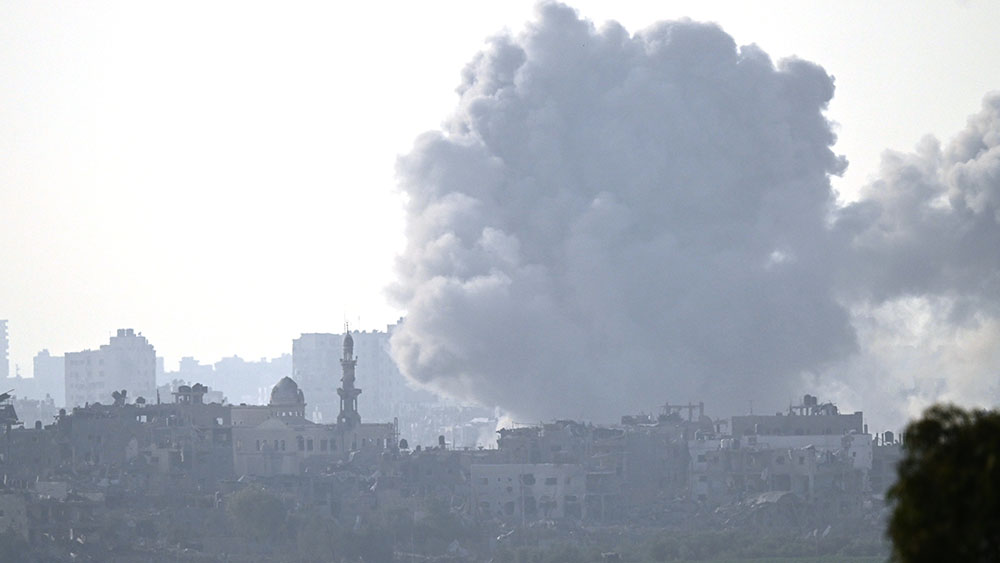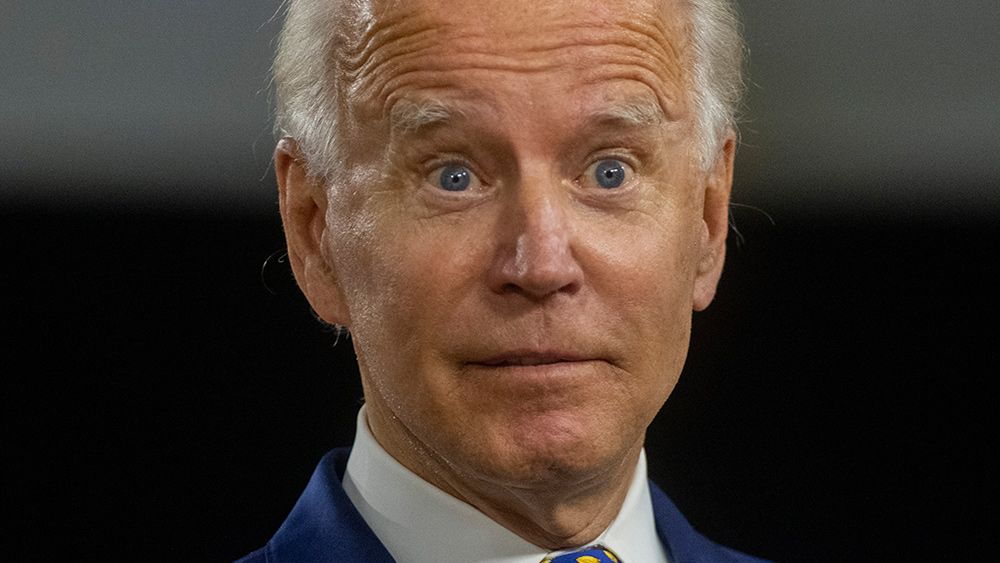 Parler
Parler Gab
Gab
- Israeli forces seized a 400-square-kilometer buffer zone on the Syrian border, previously controlled by the United Nations.
- Prime Minister Benjamin Netanyahu justified the occupation, citing the need for Israel's security following the Syrian civil war.
- Syrian residents, particularly those in Maariyah village, are protesting the occupation and experiencing restricted access to farmland and freedom of movement.
- The United Nations and Qatar have strongly condemned Israel's actions, with the U.N. calling for an immediate withdrawal.
- Critics argue that the move is an opportunistic land grab, while Israel claims it is necessary to prevent Iran from smuggling weapons to Hezbollah.
- The situation has significant implications for regional stability and ongoing peace negotiations, with the international community closely watching the developments.
Israeli occupation in the Syrian buffer zone
In a dramatic move that has sparked international condemnation, Israeli forces have seized control of a strategic buffer zone on the Syrian border, pushing deep into Syrian territory and setting up strategic military positions. The buffer zone, which had previously been controlled by the United Nations, now lies under Israeli occupation, raising concerns among Syrian residents and drawing criticism from the international community. On Sunday, Israeli troops began moving into the roughly 400-square-kilometer demilitarized buffer zone, which borders the Israeli-annexed Golan Heights. The buffer zone was established in 1974 as part of a ceasefire agreement between Israel and Syria, and was patrolled by UNDOF (United Nations Disengagement Observer Force). The Israeli military's actions have been widely condemned as a violation of the 1974 ceasefire agreement. Prime Minister Benjamin Netanyahu justified the move, stating that it was necessary to secure Israel's northern border in the wake of Syrian President Bashar Assad's ouster. He emphasized that Israeli troops would stay in the buffer zone until a new arrangement is in place to ensure Israel's security.Syrian villagers protesting Israel’s occupation
In Maariyah, a village on the western edge of Syria's Daraa province, residents are expressing strong opposition to the Israeli occupation. Abdel Raouf Issa, a local resident, said, "We call on the United Nations to remove the occupation as soon as possible." Another resident, Kamal Saleh Damara, expressed frustration at the lack of freedom of movement in the village. Access to farmland has been particularly contentious. Abdel Raouf Issa told residents, "They [Israeli forces] prevented us from farming. They prevented us from moving." The residents are now unable to travel freely in or out of the buffer zone, and farming activities in the region have been severely disrupted. The move by Israel has drawn sharp criticism from a number of countries and organizations. Qatar, one of the first countries to re-establish diplomatic relations with Syria's new authorities, issued a statement expressing its "categorical rejection of the regime’s repressive policies against the Syrian people." However, its re-establishment of an embassy in Damascus is seen as a sign of support for the new government. The United Nations, through spokesman Stephane Dujarric, has been vocal in its condemnation of Israel's actions. "The advance of Israeli troops, however long it lasts, violates the deal that set up the buffer zone," Dujarric said. "Occupation is occupation." The situation has significant implications for the wider region. Israel claims that the capture of the buffer zone is necessary to prevent Iran from smuggling weapons to Hezbollah through Syria. However, critics argue that the move is an opportunistic land grab taking advantage of the chaos that has followed Assad's ouster. The U.N. has called for the immediate withdrawal of Israeli troops, emphasizing the importance of upholding international agreements and the sovereignty of Syria. The international community is likely to debate the legality and consequences of this occupation, with potential implications for future peace negotiations and regional stability. Sources include: APNews.com APNews.com APNews.comBiden State Department approves informal, last-minute $8 BILLION ARMS DEAL with Israel
By Lance D Johnson // Share
Homeland Security corruption: Federal agents BUSTED in Utah drug scheme
By Willow Tohi // Share
Biden’s EV mandates: A tyrannical overreach on American freedom
By Willow Tohi // Share
By Arsenio Toledo // Share
Biden awards Presidential Medal of Freedom to George Soros, Hillary Clinton and Bill Nye
By News Editors // Share
Was the Biden White House complicit in a COVID origins cover-up?
By Willow Tohi // Share
Governments continue to obscure COVID-19 vaccine data amid rising concerns over excess deaths
By patricklewis // Share
Tech giant Microsoft backs EXTINCTION with its support of carbon capture programs
By ramontomeydw // Share
Germany to resume arms exports to Israel despite repeated ceasefire violations
By isabelle // Share










